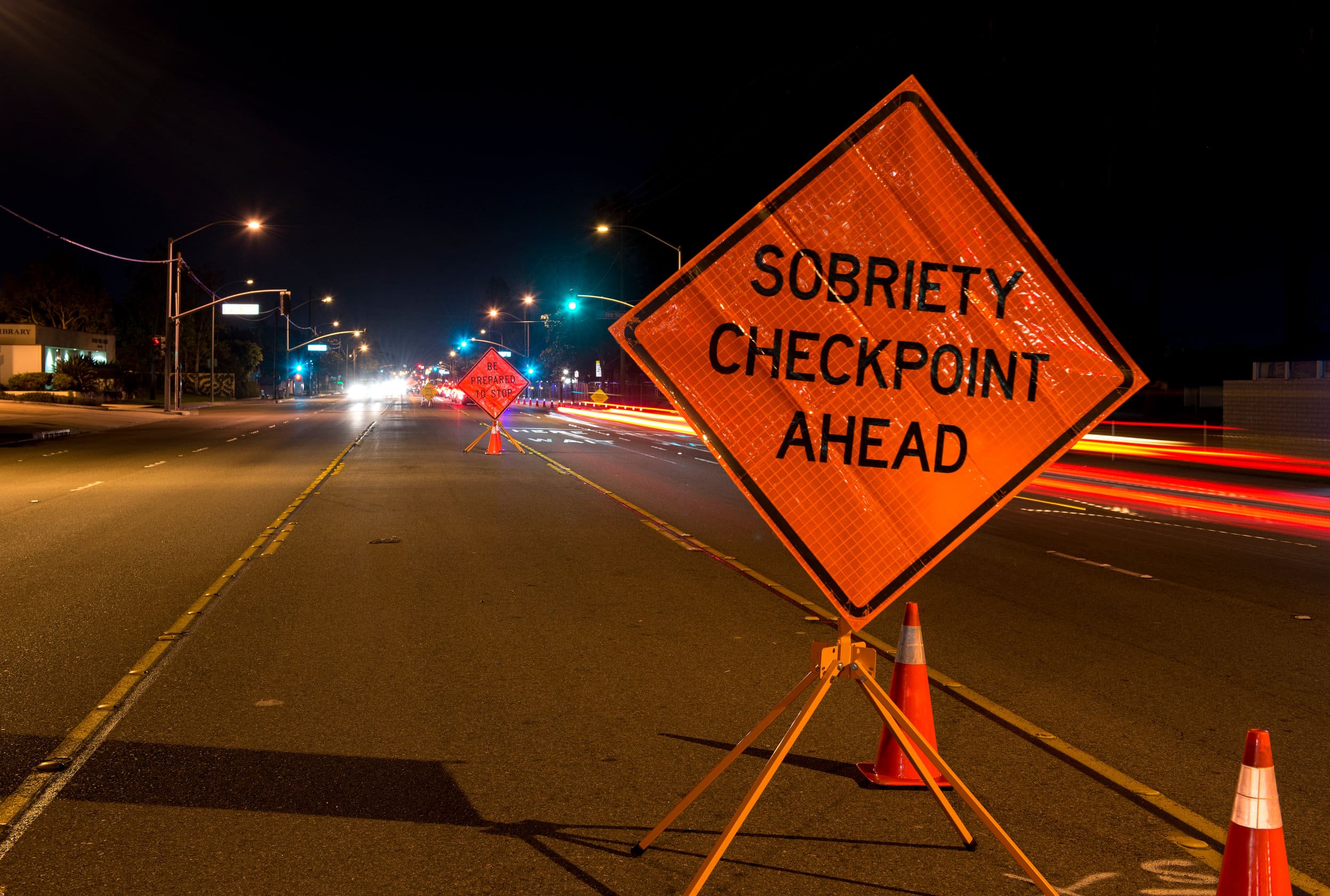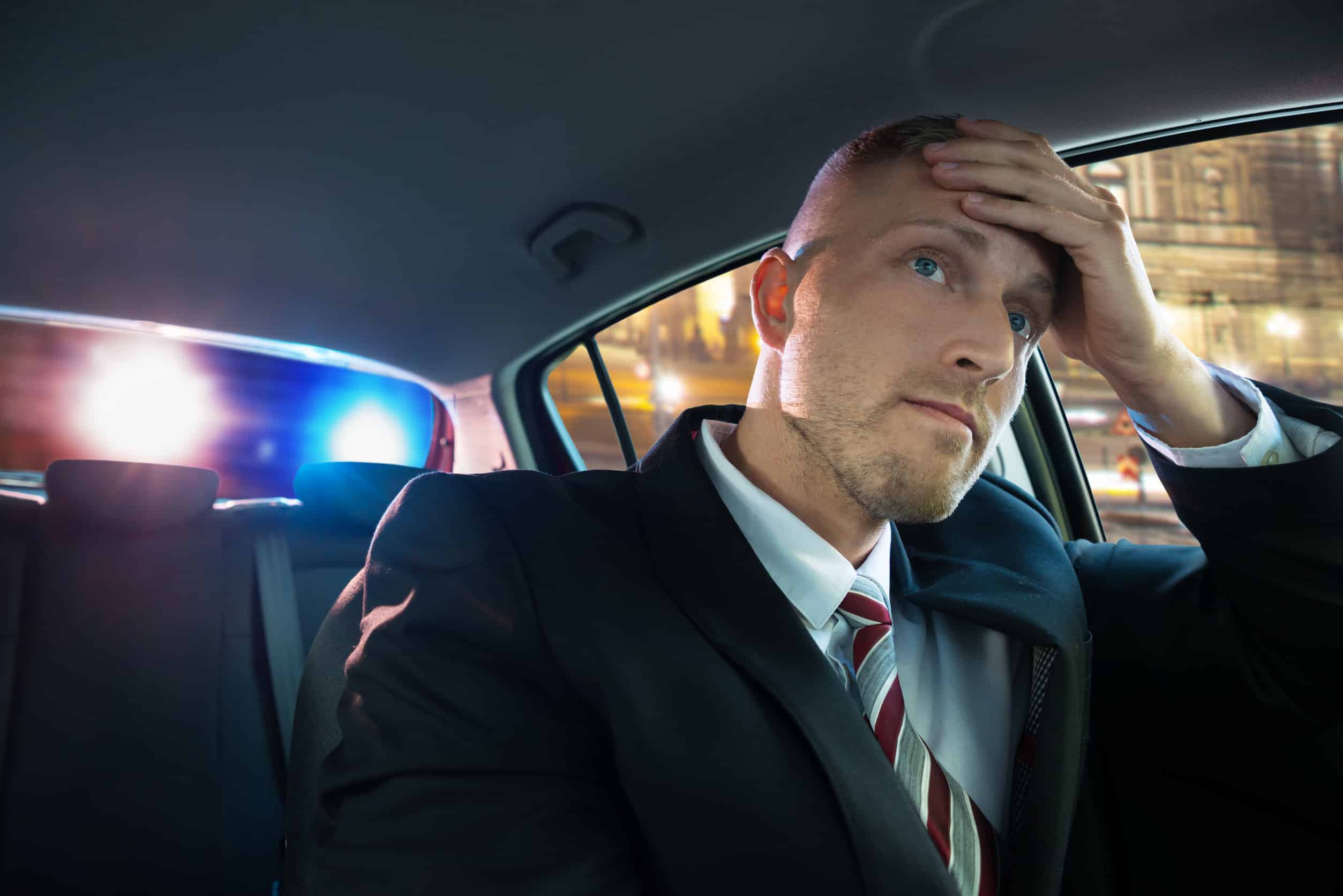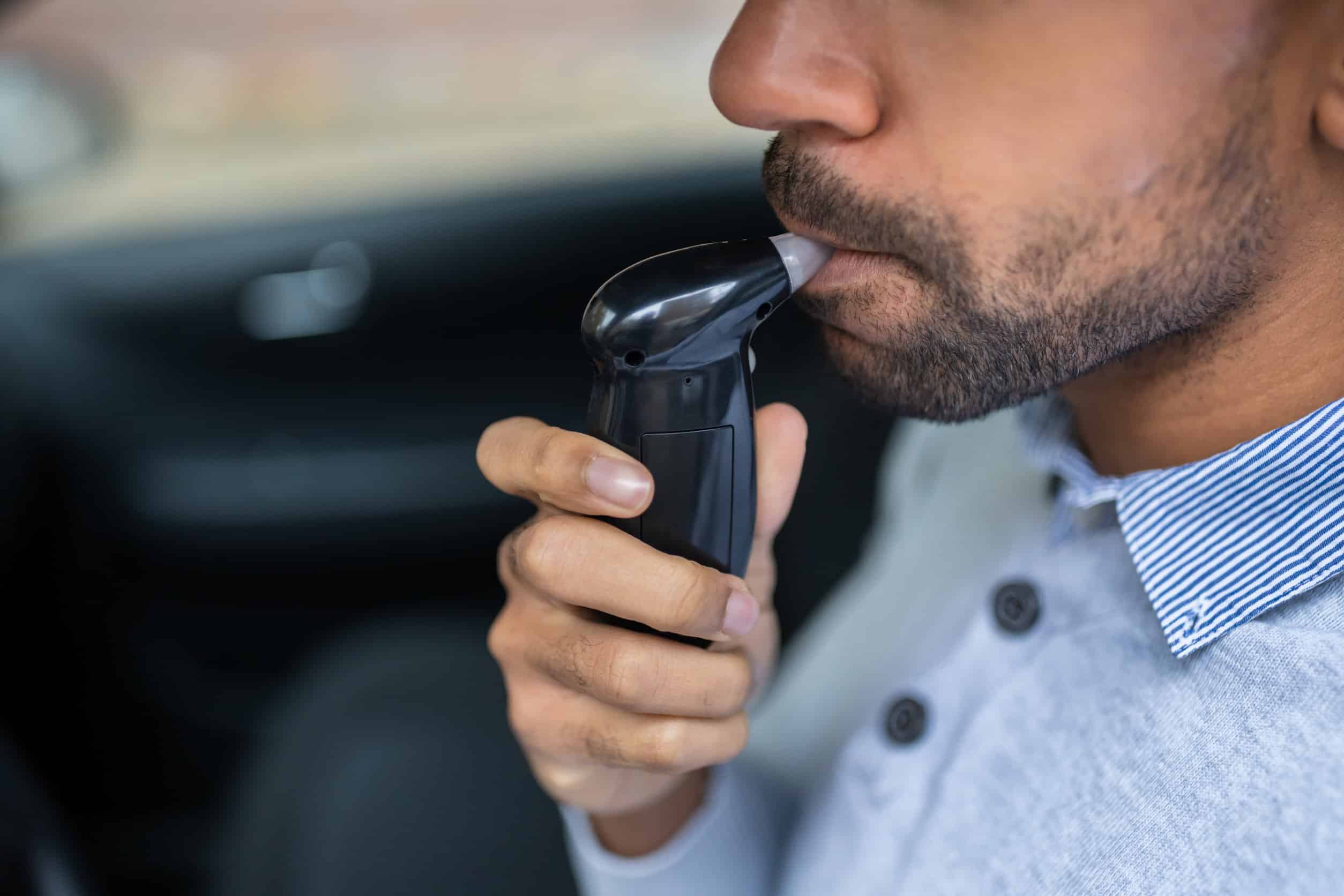- Home
- THE FIRM+
- Criminal Defense+
- CASE RESULTS
- AREAS WE SERVE+
- FAQ’s
- Blog
- Contact
AZHARI LLC BLOG
Feb. 17 2022
Are DUI Checkpoints Legal in Illinois?

Posted By: Sami Azhari
Category:
Most people have experienced this scene: You’re driving down the road and suddenly you see flashing lights ahead – a DUI checkpoint is set up. What do you do? Can you turn around or do you have to go through it? Is it even legal for police to stop everyone like that?
These are legitimate questions, and they do have answers. Here is what you need to know about DUI checkpoints in Illinois, including the answer to the question everyone really wants to know: What happens if you just turn around?
What Is a DUI Checkpoint?
A DUI checkpoint is essentially a roadblock that follows specific guidelines. They are legal and constitutional as long as:
- They aren’t set up for the general purpose of stopping people.
- They are constructed with the specific purpose of checking to see if people are breaking DUI laws in the state.
DUI checkpoints generally work like this: Police have a roadblock set up that requires you to stop as you are going through the checkpoint. You may be asked to show proof of insurance and your driver’s license. After that, they are required to let you go unless they have a reasonable suspicion that you have been drinking and driving, i.e. being able to smell alcohol on your breath or having an open container in the car.
It’s important to note that, unless they have a reasonable suspicion that can hold up in court, they can’t otherwise ask you to exit the vehicle.
Are You Required to Answer All Their Questions?
If you are stopped by police at a DUI checkpoint, the only thing you have to do under the law is provide your license and insurance information. After that, all information you give is voluntary. If you are asked a question, you do not have to answer it. But it is important to know that if you are asked to exit your vehicle, you have to comply, even if it’s illegal on their part to ask you to do so.
However, you do not have to participate in any field sobriety tests that they may ask of you. Understand your rights, because they are important.
Are You Allowed to Turn Around?
If you come upon a DUI checkpoint in the road, can you turn around to avoid it? Technically, yes, you can. It is legal to turn around, and you aren’t legally required to even go through the checkpoint. However, you risk the officers at the checkpoint noticing this behavior – and you may be stopped anyway.
There is established case law about this exact issue. In that case, the defendant who turned around for a DUI checkpoint was pulled over and eventually charged with driving while having their license revoked. The court ruled that the action of turning around was enough of a reason to legally pull over the defendant, but that’s not enough of a reason in and of itself to stop a car. In those cases, there must be a totality of the circumstances that point to enough of a reasonable suspicion to be pulled over by police. So, it’s complicated!
What If You’re Arrested at a DUI Checkpoint?
If you are stopped at a DUI checkpoint and then arrested for a DUI, make sure to contact an experienced attorney as soon as you can. As stated, you do not have to answer any of the questions of the officers. Wait for an attorney to arrive.
Make sure to share everything you can remember about the checkpoint with your attorney. They may be able to quickly subpoena any records needed to support your version of events and challenge the stop in court. They can also look up the specific roadblock where you were arrested. If it is later determined that you were stopped illegally, then the entire DUI case against you can be thrown out and charges against you dismissed – which is the best case scenario.
Conclusion
The bottom line is that DUI checkpoints, as long as they serve a specific purpose, are perfectly legal in Illinois. However, it’s a good idea to understand what types of checkpoints are legal, what you are required to do at one, and what your specific rights are in the situation so that you can look out for your own best interests both at the scene and if you are ultimately arrested.
Remember, you should be your own best advocate. An attorney can be brought in after you’re arrested, but it’s vital to understand what you should and shouldn’t do before you get to that point. This will help you have a chance of getting the charges against you dropped, if they can be.
About the Author
Sami Azhari has been working as a lawyer since 2007, after receiving his Juris Doctor from the Michigan State University College of Law. He has handled numerous state and federal cases, and is known throughout the Chicago and Rolling Meadows area for providing his clients with high-quality, skilled representation. He has been recognized by Avvo (2013 and 2018), SuperLawyers (2015-2020), The National Trial Lawyers, and other notable organizations, and has spoken at a number of legal conferences.



























































